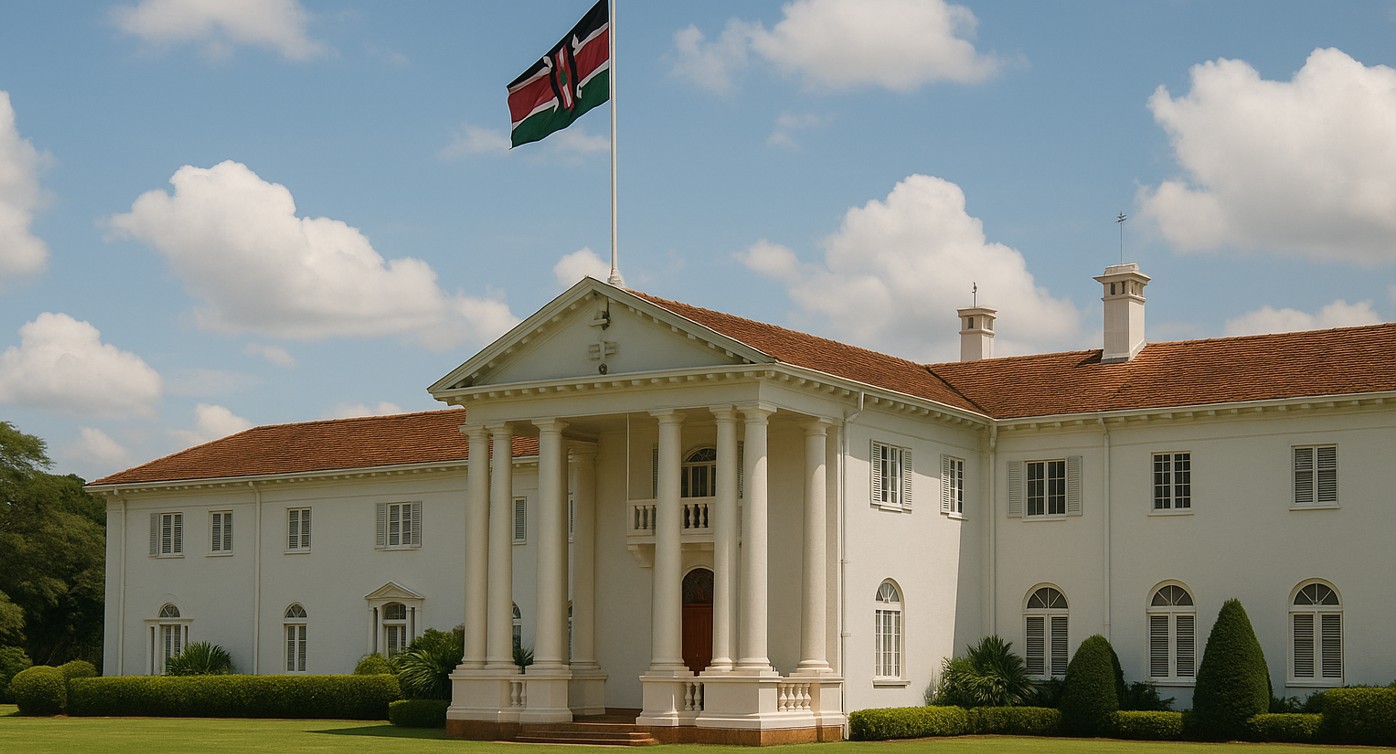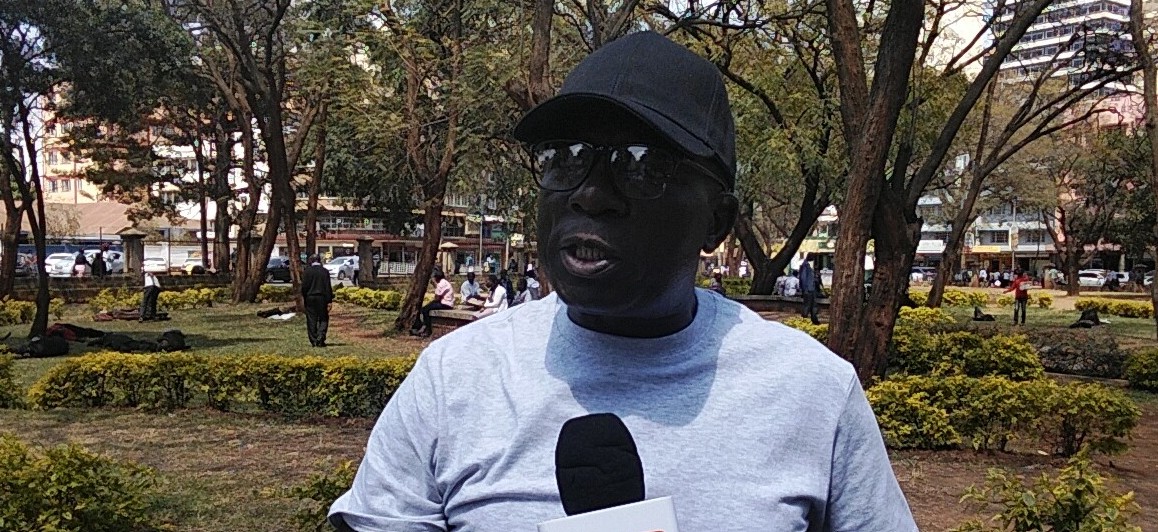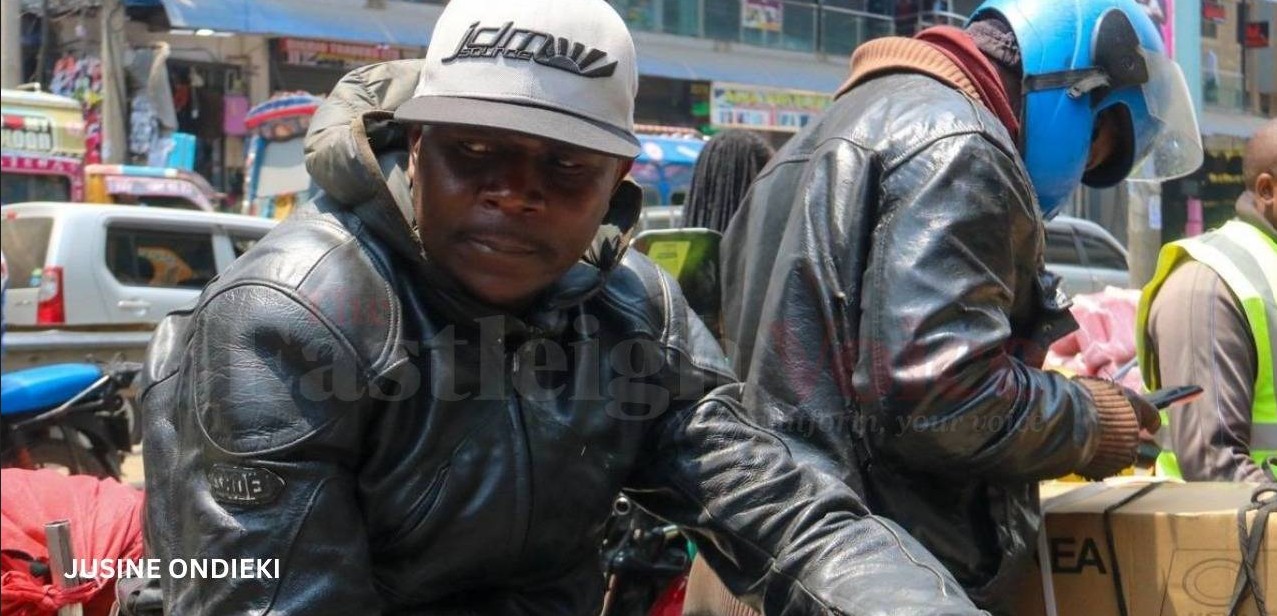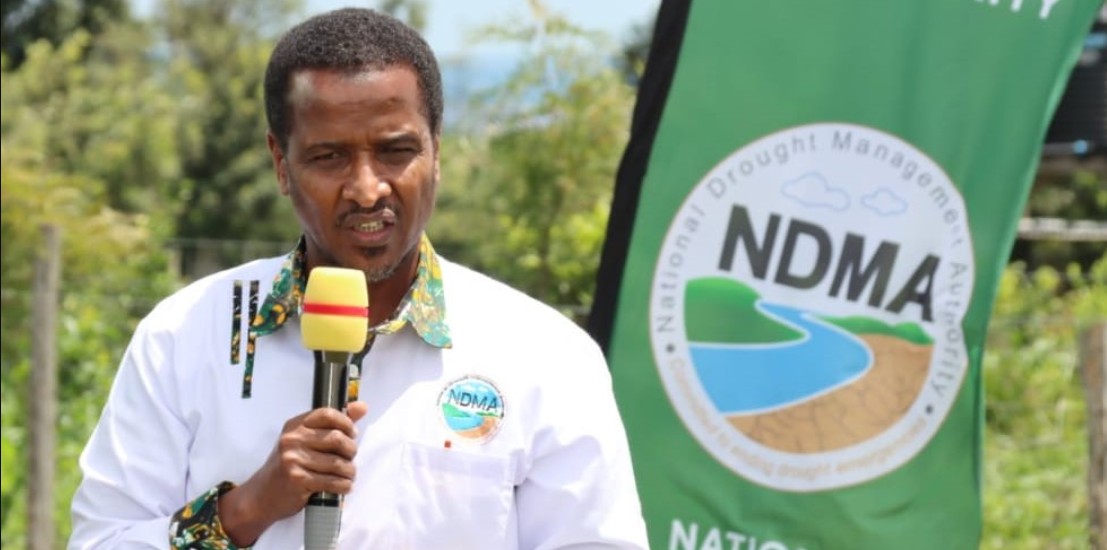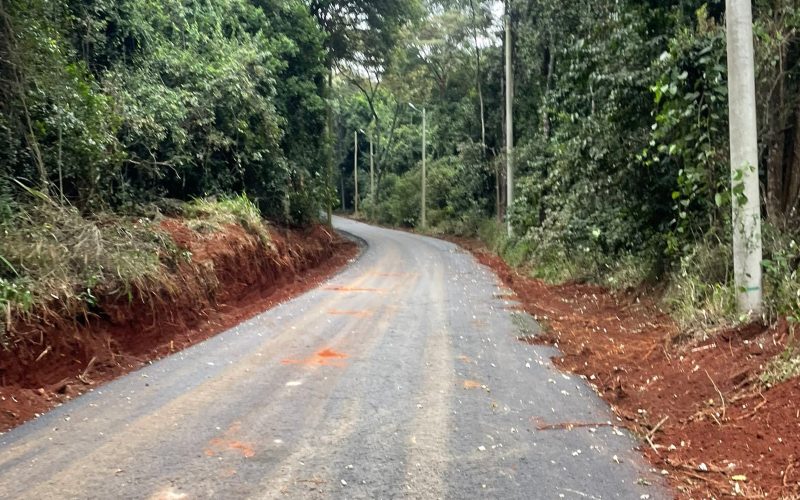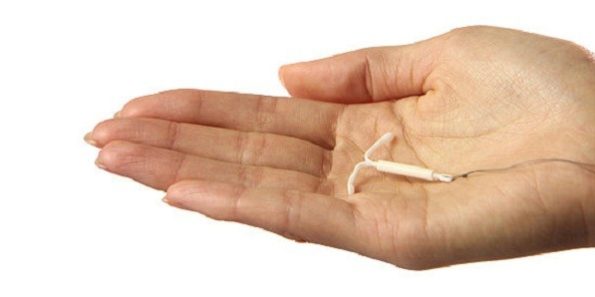Chief Justice Koome champions people-centred justice with Garissa AJS launch

Koome explained that traditional methods of dispute resolution, such as elders’ councils, religious leaders, and community forums, have long provided trusted mechanisms of justice across Kenyan communities.
In a major step toward inclusive and community-driven justice, Chief Justice Martha Koome officially launched the Garissa County Alternative Justice System (AJS) County Action Plan, the Garissa AJS Model, and the Al-Islaah Justice Centre, further reinforcing Kenya’s shift toward culturally rooted, people-centred justice delivery.
Speaking at the launch, held under the theme “Enhancing Access to Justice and Promoting People-Centred Justice Through the Multi-Door Approach to Justice,” Chief Justice Koome commended Garissa for becoming the 12th county to unveil an AJS County Action Plan.
More To Read
- CJ Martha Koome hails 2010 Constitution as transformative, cites gains and challenges 15 years on
- Relief for Mombasa residents as Alternative Justice System unveiled to ease court backlog
- CJ Martha Koome pushes back against criticism over parliamentary interference
- Supreme Court rules Chief Registrar has no powers to discipline, fire judges or magistrates
- CJ Koome roots for AJS to resolve long running land disputes in Mombasa
- DCJ Philomena Mwilu cleared of misconduct in Gachagua impeachment case
“This marks a critical step in ensuring that justice is not only accessible, but also resonates with the lived experiences, cultures, and needs of local communities,” she said.
“Alternative justice systems are not new to us as Kenyans. They are as old as our communities,” the Chief Justice observed.
Trusted mechanisms
She explained that traditional methods of dispute resolution, such as elders’ councils, religious leaders, and community forums, have long provided trusted mechanisms of justice across Kenyan communities.
The newly launched Garissa AJS Model blends these traditional practices with modern legal frameworks, built around three interconnected streams: autonomous mechanisms like elders and religious leaders, court-annexed mediation panels, and state-based structures such as chiefs and assistant chiefs.
This “multi-door” approach is designed to give communities diverse options for resolving disputes in ways that are cost-effective, culturally appropriate, and constitutionally aligned.
A key highlight of the event was the unveiling of the Al-Islaah Justice Centre, named after the Arabic word Al-Islaah, meaning “reconciliation.”
 Chief Justice Martha Koome and Garissa Governor Nathif Jama unveiling the Garissa County Alternative Justice System model and Al-Islah Justice Centre. (Photo: Issa Hussein)
Chief Justice Martha Koome and Garissa Governor Nathif Jama unveiling the Garissa County Alternative Justice System model and Al-Islah Justice Centre. (Photo: Issa Hussein)
Cultural symbol of peace
CJ Koome described the centre as a “cultural symbol of peace, dialogue, and unity.”
“It will offer solutions that heal relationships rather than deepen divisions,” she noted.
The Centre will bring together elders, religious leaders, and trained mediators to help citizens find lasting, peaceful solutions to their disputes.
Garissa County faces unique challenges—vast geographical distances, inter-clan conflicts, limited formal court access, and strong customary systems.
A recent survey found that over 56 per cent of disputes in Garissa are resolved outside formal courts, largely by elders and religious leaders.
A necessity
“In Garissa, AJS is not just an alternative. It is a necessity,” Chief Justice Koome stated, noting that traditional systems such as Maslaha have been instrumental in resolving conflicts for generations.
She acknowledged, however, that these systems have historically excluded women and marginalised groups. The Garissa AJS County Action Plan seeks to close these gaps by promoting an inclusive, rights-based model that ensures women, youth, persons with disabilities, and minority groups are actively involved in dispute resolution.
“Let us ensure that justice under AJS respects constitutional values and protects the vulnerable,” the Chief Justice urged.
 Some of the Garissa of elders enlisted to implement the AJS. (Photo: Issa Hussein)
Some of the Garissa of elders enlisted to implement the AJS. (Photo: Issa Hussein)
Need for increased funding
Chief Registrar of the Judiciary, Winfridah B. Mokaya, underscored the need for increased funding to strengthen grassroots justice services. She highlighted the transformative impact of AJS through local examples:
“It is about the herder in Dadaab who can now resolve a grazing dispute without travelling hundreds of kilometres. It is about the widow in Balambala who, through AJS, finally secured her inheritance without years of costly litigation,” she said.
“It is about the young trader in Garissa whose small claims case was resolved within a week, allowing her to recover her capital and sustain her business,” she added.
Mokaya stressed that every shilling invested in the Judiciary translates to lives changed, disputes resolved, and communities strengthened.
Garissa Governor Nathif Jama and Garissa Township MP Dekow Mohamed Barrow echoed the call to expand justice services to the sub-county level.
Governor Jama emphasised the need for law courts in remote areas like Bothai, home to indigenous hunter-gatherer communities with little access to justice.
MP Dekow highlighted the critical role of AJS in resolving family disputes, clan conflicts, and even election-related tensions.
Speaking on behalf of MPs Salah Yakub (Fafi) and Abdi Ali (Ijara), he conveyed their calls for law courts in Fafi and Ijara, noting that infrastructure is already in place to support such efforts.
Court of Appeal
He also advocated for a Court of Appeal in Garissa.
In response, Chief Justice Koome confirmed that while a Court of Appeal registry has already been established in Garissa, plans are underway to operationalise the court.
Garissa High Court Judge John Onyiego praised the role of AJS in reducing court caseloads and particularly welcomed the inclusion of women—historically sidelined—in AJS processes as a significant step toward equitable justice.
Representing local elders, Dubat Ali Amey, a member of the team inaugurated to implement AJS, applauded the initiative but urged the Judiciary to also address pressing human rights concerns, including extrajudicial killings and enforced disappearances in the region.
In her closing remarks, Chief Justice Koome called on Garissa residents to fully embrace the AJS framework and view the Al-Islaah Justice Centre as a community-owned space for peace and reconciliation.
Top Stories Today

